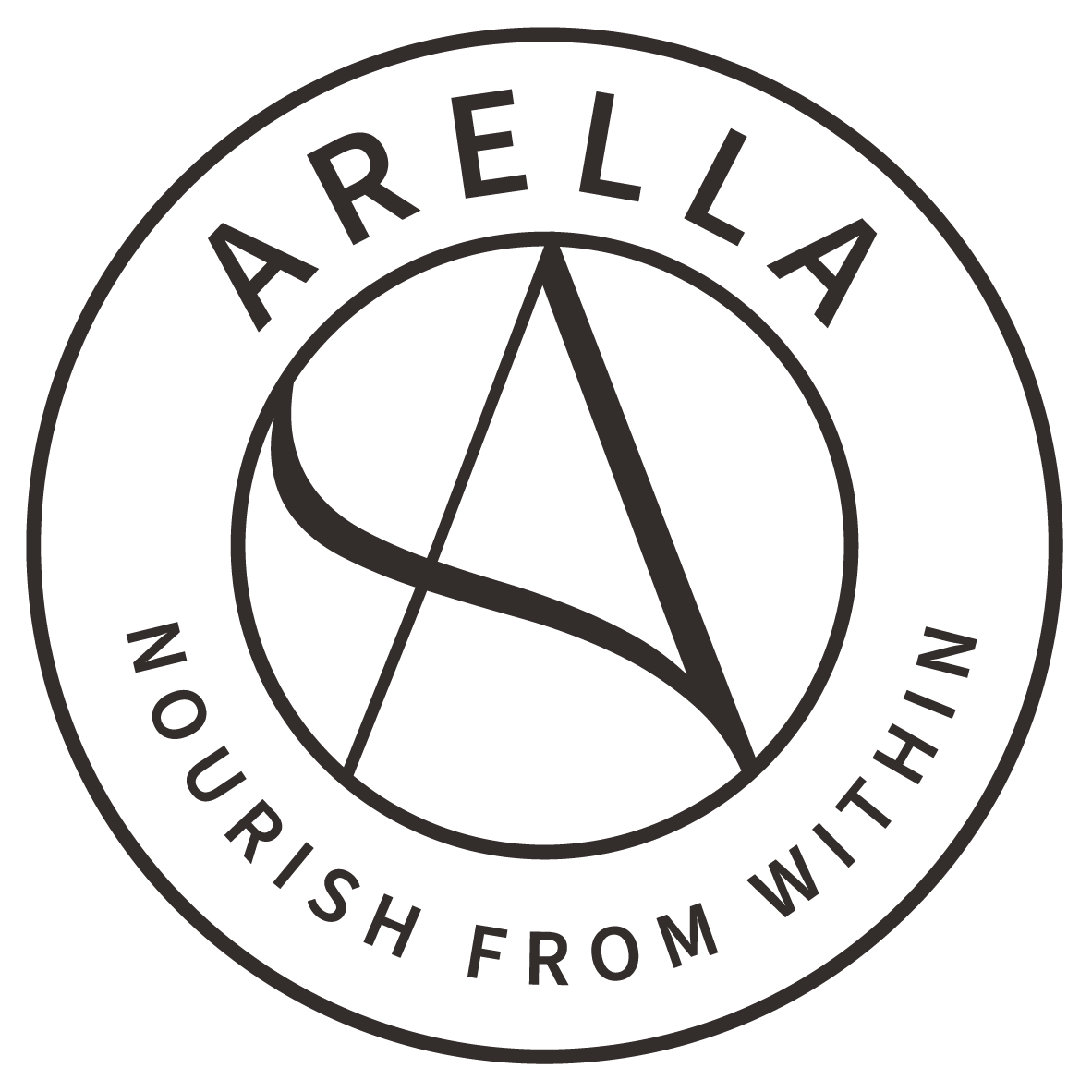Collagen has become one of the most talked-about supplements for skin, hair, nails, and even joint health.
It’s often described as the “glue” that holds the body together, giving skin its firmness, hair its strength, and joints their flexibility.
But for a long time, collagen supplements were off the table for vegans because traditional collagen is made from animal sources.
Now, vegan collagen offers a proven way to support your skin, hair, nails, and joints - all without animal ingredients.
Here, we’ll shed some light on exactly what vegan collagen is, how it works, how it compares to animal-based collagen, and how Arella Collagen can support your skin and well-being in a completely plant-based way.
Understanding Collagen and Why It Matters
Before we talk about vegan collagen, it’s helpful to understand what collagen actually is.
Collagen is the most abundant protein in the human body, making up around 30% of our total protein content.
It’s found in skin, bones, muscles, tendons, ligaments, blood vessels, and even the digestive system.
Its main role is structural - think of it as the scaffolding that keeps everything supported.
In skin, collagen provides firmness and elasticity. In joints, it helps cushion and protect. In blood vessels, it keeps them strong yet flexible.
Our bodies naturally produce collagen, but production starts to slow in our mid-20s and continues to decline with age.
Environmental and lifestyle factors such as UV exposure, smoking, high sugar intake, and chronic stress can speed this process up.
This means skin may lose its bounce, fine lines become more noticeable, hair feels more brittle, and joints may feel less comfortable.
Why Traditional Collagen Isn’t Vegan
Most collagen supplements on the market are made by processing animal connective tissue.
The most common sources are bovine (cow) hides and bones, or marine (fish) skin and scales. These are broken down into smaller peptides, which your body can absorb and use to rebuild its own collagen.
While these products can be effective, they’re not suitable for anyone following a vegan or vegetarian lifestyle.
For years, that meant collagen supplementation simply wasn’t an option for those avoiding animal products.
What Is Vegan Collagen?
Vegan collagen doesn’t come from plants directly because plants don’t produce collagen. Instead, there are two main approaches.
The first is bioidentical vegan collagen, made using advanced biotechnology. Here, yeast or bacteria are programmed to produce collagen proteins that are identical to those made in the human body.
These proteins are then purified, resulting in a product that mirrors the structure and function of natural collagen.
The second approach uses collagen-supporting blends. These don’t contain collagen itself, but provide the amino acids, vitamins, and minerals your body needs to produce it naturally.
This can include glycine, lysine, and proline (key collagen-building amino acids), vitamin C (essential for collagen synthesis), and minerals like zinc and copper that support repair.
The latest generation of vegan collagen - such as our Arella Collagen with VeCollal® - combines these methods, offering the only collagen that identically matches human Type I collagen, alongside the nutrients your body needs to keep production active. Even bovine and marine collagen cannot achieve this exact match.

How Does Vegan Collagen Work?
Collagen from any source - animal or vegan - needs to be broken down into amino acids before your body can use it.
What matters is whether those amino acids are present in the right amounts and ratios, and whether your body has the co-factors to put them to work.
Vegan collagen works by supplying these building blocks in a form your body recognises and can use.
Bioidentical versions, like VeCollal®, are designed to closely match human Type 1 collagen, the type most abundant in skin. This means your body can use them just as it would natural collagen proteins.
Collagen-support blends help by providing everything your body needs to make collagen - not just the amino acids, but also the vitamins and minerals that drive the process.
Is Vegan Collagen as Good as Non-Vegan?
This is one of the most common questions when people are thinking about switching.
Older vegan collagen supplements, which only offered general collagen-boosting nutrients, could be helpful but weren’t as targeted as animal-based collagen peptides.
That’s why early comparisons often favoured traditional collagen for direct results.
However, modern vegan collagen has changed the conversation. Bioidentical options, like those containing VeCollal®, are created to match the amino acid profile of human collagen.
This means they can stimulate collagen production in the same way as animal-derived peptides - and in the case of Arella’s VeCollal®, the match is even more precise, because it identically mirrors human Type I collagen. Bovine and marine collagen cannot do this.
In other words, with Arella’s scientifically backed formulation, you’re not just getting comparable benefits; you’re choosing a collagen that is more closely matched to your body’s own collagen than traditional sources.
The difference now comes down to personal values and sustainability, not performance.
The Benefits of Vegan Collagen
Vegan collagen can offer a range of benefits when taken consistently over time. Many people use it to:
- Improve skin elasticity and firmness
- Reduce the appearance of fine lines and wrinkles
- Support hydration and skin barrier function
- Strengthen hair and nails
- Aid joint comfort and mobility
Results won’t happen overnight - collagen production is a gradual process. Most people notice visible changes in skin texture and hydration after around 8–12 weeks of daily use.
How Arella Collagen Supports Skin and Well-being
At Arella, we’ve taken vegan collagen to the next level with VeCollal® - the only 100% plant-based collagen that identically matches human Type I collagen. This is something even bovine and marine collagen cannot do.
This is the most abundant collagen type in the skin and plays a key role in keeping it firm, supple, and hydrated.
Arella Collagen provides your body with the exact amino acid profile it needs for collagen production, alongside vitamin C, zinc, and other nutrients that support repair and regeneration.
By combining bioidentical collagen technology with essential co-factors, it works in harmony with your body to:
- Rebuild skin structure from within
- Improve elasticity and firmness over time
- Support skin hydration and barrier health
- Strengthen hair and nails
- Promote joint and connective tissue health
It’s a cruelty-free, sustainable choice that aligns with vegan values while delivering results comparable to traditional collagen.
How to Get the Best Results from Vegan Collagen
Collagen production takes time, so consistency is key. Here’s how to get the most from your daily dose:
- Take it every day, ideally at the same time, to build the habit.
- Pair it with a balanced diet rich in whole plant foods.
- Protect your skin from excess sun exposure, as UV rays accelerate collagen breakdown.
- Stay hydrated to support skin plumpness and elasticity.
Small daily actions, combined with a high-quality supplement like Arella Collagen, can help you maintain healthy collagen levels for years to come.

Final Thoughts
Vegan collagen has evolved dramatically in recent years. What was once a limited alternative is now a scientifically credible option that can match animal-derived collagen in effectiveness.
With bioidentical formulations like VeCollal®, you no longer have to choose between results and your values.
If you’re looking to support your skin, hair, nails, and joints in a way that’s completely plant-based, Arella Collagen offers a high-performance, sustainable solution.
Consistency, patience, and a holistic approach to skin health will help you see the best results.
FAQs
Does vegan collagen really work?
Yes. Modern vegan collagen, particularly bioidentical forms like VeCollal®, has been shown to stimulate collagen production in the same way as animal-derived collagen.
How long does it take to see results?
Most people notice visible changes in skin hydration and texture within 8–12 weeks of consistent use.
Is vegan collagen better for the environment?
Yes. It avoids the resource-intensive processes of animal farming, making it a more sustainable choice.
Can vegan collagen help with ageing skin?
It can help improve firmness, elasticity, and hydration - all of which naturally decline as collagen levels drop with age.





